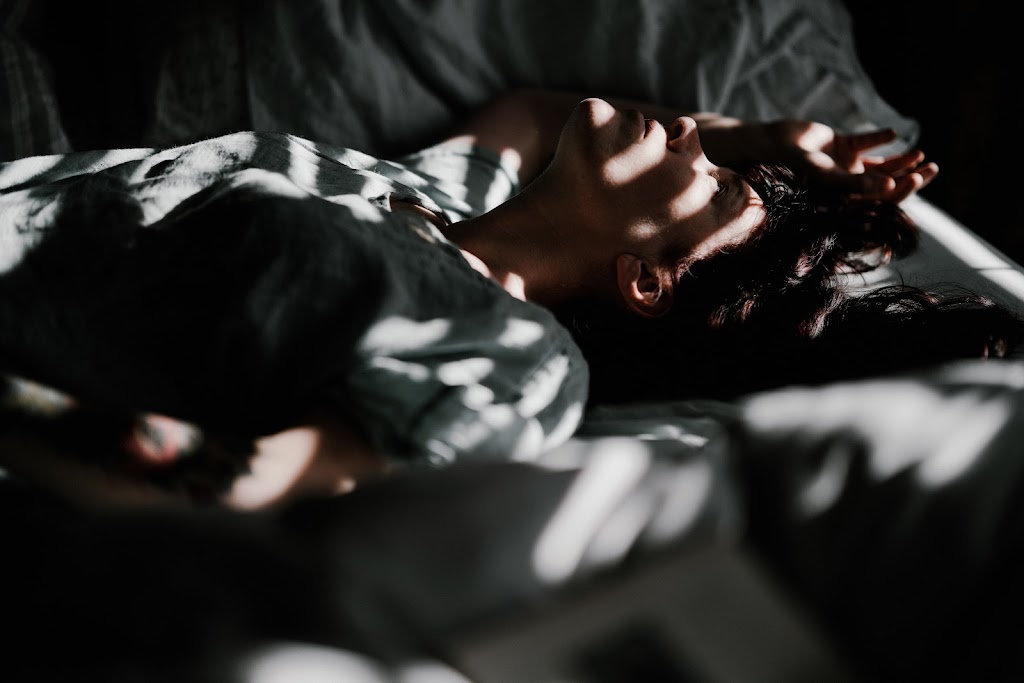Hypoactive Sexual Desire Disorder (HSDD) is a common sexual health issue characterized by a persistent or recurrent lack of interest in sexual activity, which can cause significant distress or interpersonal difficulties. While HSDD affects individuals of all sexual orientations, the experience within lesbian relationships brings its unique challenges and considerations.
This blog aims to explore what HSDD is, delve into its possible causes, and offer strategies to manage or lessen its impact on lesbian partnerships.
What is HSDD?
HSDD refers to a decrease in sexual desire that is not due to a medical condition, psychiatric illness, or the direct effects of a substance or medication. It’s important to note that fluctuations in sexual desire are normal and can vary greatly among individuals. However, HSDD is diagnosed when these feelings are persistent and cause significant personal distress or relationship issues.
Why It Happens
The causes of HSDD are multifaceted and can include a blend of biological, psychological, and social factors.
Biological Factors: Hormonal imbalances, certain medications, and health conditions can contribute to HSDD. For lesbians, the lack of research specifically addressing their biological experiences means navigating these waters can sometimes be more complex.
Psychological Factors: Mental health issues such as depression, anxiety, or past trauma can deeply impact sexual desire. Additionally, internalized homophobia or struggles with sexual identity may also play a role.
Social Factors: Relationship dynamics, communication issues, or unresolved conflicts can affect sexual desire. Societal pressures and the stress of experiencing discrimination or stigma as a member of the LGBTQ+ community can also impact one’s libido.
Managing or Lessening HSDD
While HSDD can pose challenges, there are various ways to manage or decrease its impact:
Open Communication: Honest conversations with your partner about desires, expectations, and concerns can foster intimacy and understanding. This can include discussing both sexual and non-sexual needs within the relationship.
Seek Professional Help: A healthcare provider or sex therapist, especially those with experience in lesbian sexual health, can offer guidance and support. Therapy might involve exploring underlying psychological factors, relationship counseling, or discussing potential medical interventions.
Lifestyle Changes: Regular exercise, a healthy diet, and adequate sleep can improve overall well-being and, by extension, sexual desire. Reducing stress through mindfulness, meditation, or yoga can also be beneficial.
Exploring Intimacy: Expanding the definition of intimacy and sexual activity beyond penetration can help. Exploring sensual massages, mutual masturbation, or simply increasing non-sexual physical affection might reignite desire.
Education and Self-Exploration: Learning more about lesbian sexual health and exploring one’s own body through masturbation can improve self-awareness and sexual confidence.
Medications and Supplements: While more research is needed in the context of HSDD in lesbian relationships, some may benefit from pharmacological treatments designed to boost libido. This should always be discussed with a healthcare professional.
HSDD is a complex issue that can affect individuals and couples in varied ways. Recognizing the signs of HSDD and understanding its causes is the first step toward addressing it. For those in lesbian relationships, it’s crucial to approach HSDD with empathy, open communication, and professional support. By exploring a combination of strategies tailored to individual needs and relationship dynamics, it’s possible to navigate HSDD and foster a fulfilling sexual connection. Remember, seeking help and prioritizing one’s sexual wellness is a sign of strength and an important aspect of caring for oneself and one’s relationship.
